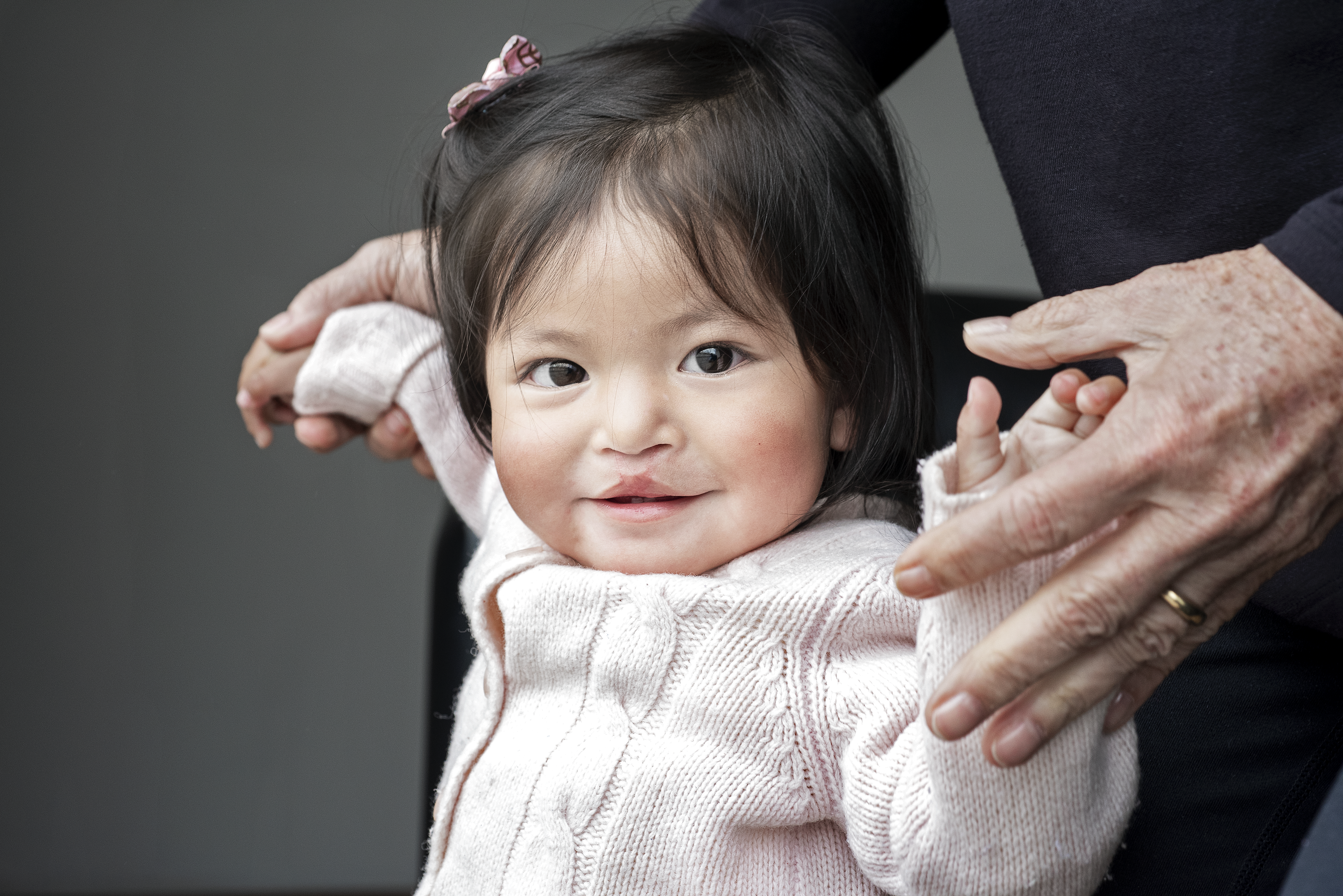
Operation Smile was founded in 1982 when Dr. William (Bill) P. Magee, Jr., a plastic surgeon, and his wife, Kathleen (Kathy), a nurse and clinical social worker, traveled to the Philippines with a group of medical volunteers to repair children’s cleft lips and cleft palates.
What they found was overwhelming. “People pushed their babies at us,” recalls Kathy. “They tugged at our sleeves with tears in their eyes and begged us to help their children.” In Naga City, approximately 300 families arrived, hoping their children would receive surgery, but the team could only treat 40 children. As they prepared to leave, the Magees promised they would return to help more children.
Kenya
- Date of inception: 1987
- Surgical missions to date: Over 115
- Surgical patients treated to date over 10,000
- Trainings/education focus
- 1,000+ medical professionals trained in American Heart Association (AHA) Basic Life Support (BLS)
- Local volunteer base: 164 – 159 medical / 5 non-medical
- Model: Patient sequencing and occasional short surgical programs with clinical service and health-workers training to date; large volunteer deployment capacity within the region
- 50+ CHVs trained on cleft identification and referral
Operation Smile Kenya’s Vision
At Operation Smile, we envision a future where health and dignity are improved through safe surgery and comprehensive care.
There are millions of children living with untreated cleft conditions who have difficulties eating, breathing, speaking and being accepted by their peers and communities. They suffer from social stigmas, isolation and feelings of hopelessness.
We are committed to providing patients with the highest quality of care, no matter where they live. While cleft surgery can transform a child’s life in as little as 45 minutes, Operation Smile is committed to addressing our patients’ ongoing cleft care needs throughout their childhood. Our patients may need the care of many specialists such as plastic and/or maxillofacial surgeons, orthodontics, speech therapists, ENT, nutritionists and psychosocial support to ensure the best long-term results.
Guided by our Global Standards of Care, medical volunteers must be able to work as a team to balance the highest possible quality of care with the efficiency to serve as many patients as our time and resources will allow.
Our team-oriented approach has enabled Operation Smile to become a global leader in performing safe cleft surgery in resource-limited environments for more than three decades.